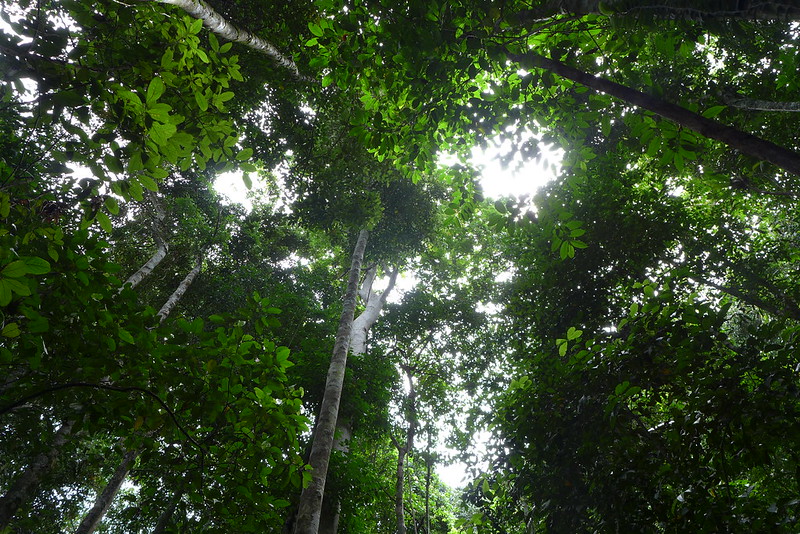-(19).png?sfvrsn=599431b6_0)
Mountains cover around 27 percent of the earth’s land surface, and forests cover approximately 40 percent of the global mountain area.
Healthy mountain forests are crucial to the ecological health of the world. They protect watersheds that supply freshwater to more than half of humankind. They also harbour wildlife, provide food and fodder for mountain peoples and are important sources of timber and non-wood products. Moreover, they protect the earth and contribute to shielding the atmosphere from CO2 emissions.
Protecting these forests and making sure they are carefully managed is an important step towards sustainable mountain development. In recent decades, tropical mountain forests have been disappearing at an astounding rate. Deforestation is generally driven by population growth, the expansion of intensive agriculture, uncertain land tenure, inequitable land distribution and the absence of strong and stable institutions.
Crucially, mountain forests perform a protective function against natural hazards. When forest cover is lost and the land is left unprotected, runoff and soil erosion increase, provoking landslides, avalanches and floods, detrimental to villages, transport systems, human infrastructure and the food security of vulnerable communities.
Putting power back into the hands of mountain people is one important step towards alleviating their poverty and, in turn, protecting mountain forests. Measures that could accomplish these aims include providing incentives for biodiversity and agrobiodiversity conservation as well as the inclusion of sustainable forest management plans into national policies.

This course - available in English, French and Spanish - has been developed to guide countries in reporting on Indicators 15.1.1 and 15.2.1.